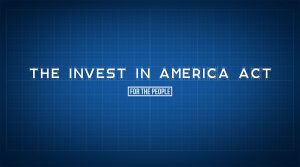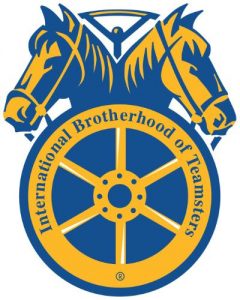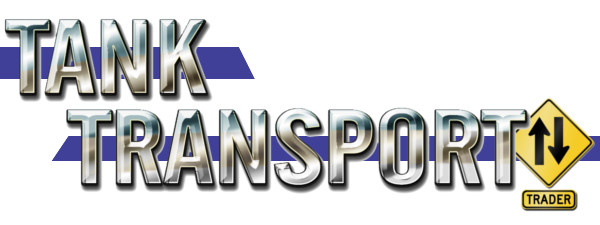3 Leading Issues For Trucking This Year
As the Biden administration and the new Democrat-controlled Congress have rolled up their sleeves and gotten to work, there are a number of issues related to trucking that are likely to see action on this year.

David Heller, VP of government affairs for the Truckload Carriers Association
David Heller, vice president of government affairs for the Truckload Carriers Association, outlined some of those in a Feb. 16 webinar on the regulatory and legislative environment. Three of the biggest:
1. Infrastructure
New Transportation Secretary Pete Buttigieg has emphasized infrastructure investment from the get-go, saying “the time is now for infrastructure investment” during his confirmation hearing.
“What does that investment look like?” Heller noted. “The hard conversation is the pay-fors.” Traditionally the fuel tax supports the Highway Trust Fund. “There has been talk about increasing that in the past. However, that talk has somewhat waned because of the increase in conversation about electric vehicles — thus leading to a vehicle-miles traveled tax (VMT) discussion.” Tolling and public-private partnerships, which usually also involve tolling, are other options.
Heller noted that the fuel tax is the least expensive option as far as administrative costs, allowing 99 percent of that tax to go to the trust fund. However, electric vehicles don’t pay fuel tax — even though they are highway users.
Enjoying our insights?
Subscribe to our newsletter to keep up with the latest industry trends and developments.
Stay InformedIn addition to administrative costs, Heller highlighted several issues that TCA has with moving to a VMT tax:
- The technology and administrative infrastructure are not in place.
- There’s the potential of dual taxation — if you’re paying a fuel tax at the pump, you should not have to pay also VMT.
- Privacy implications
- Potential for fraud
It’s quite likely an infrastructure bill will have several “safety titles” regarding trucking added to the mix. Last year’s INVEST in America Act, which was part of the larger Moving Forward Act,a partisan infrastructure bill passed by the House, contained the following measures that are likely to make their way into bills in the new Congress:
- Truck parking
- Automatic emergency braking
- Raising minimum liability insurance
- Strengthening rear underride guards
- Researching side underride guards
- Sleep apnea
- Drug-alcohol impairment
- Reviewing the new hours of service rules
- Changes to FMCSA’s compliance, safety, accountability program
2. Hours of Service

Heller noted that safety advocacy groups have filed suit against those new rules, saying they were developed “arbitrarily and capriciously.”
Heller said: “We’ve been down this road before in terms of litigating hours of service. What’s different now is that we’re operating under electronic logging devices. The rules you’re operating under were based on data collected from ELDs.”
Two proposed pilot programs aimed at studying further flexibility provisions, however, could be derailed – one studying a three-hour pause of the 14-hour clock that was proposed last August, and one that would study splitting a driver’s rest time into 6-4 or 5-5-hour splits that was proposed only a week before Trump left office.
3. Labor and Independent Contractor Issues
“Biden is very close to organized labor,” Heller said. The Teamsters union supports him. The Teamsters also have been waging a war against what it calls the misclassification of employees as independent contractors, especially at the nation’s intermodal ports.
A Department of Labor rule that clarified the definition of independent contractor may end up a casualty of regulatory review process under the new administration. In fact, it was specifically cited by Biden transition team as an example of the “midnight regulations it would put on hold as soon as the new president took office.
There’s also already an effort to get a law passed to apply an ABC test nationwide in determining who’s an independent contractor, similar to California’s controversial AB5 law, which made it next to impossible for a trucking company to use independent contractor drivers. The California law is currently not being enforced, pending a legal challenge that it interferes with interstate commerce, among other things. It’s possible that case could eventually go all the way to the U.S. Supreme Court.
Heller noted that this comes at a time when the industry is facing a severe driver shortage. The number of over-the-road truckload drivers is at its lowest since 2012, he said. The COVID-19 pandemic has led some to take early retirement and slowed the output of new drivers from truck driver training schools, with CDL school enrollees down 40 percent to 60 percent. In addition, the federal drug and alcohol clearinghouse that went into effect last year has resulted in thousands of drivers leaving the industry after testing positive rather than going through the return-to-duty process.




















